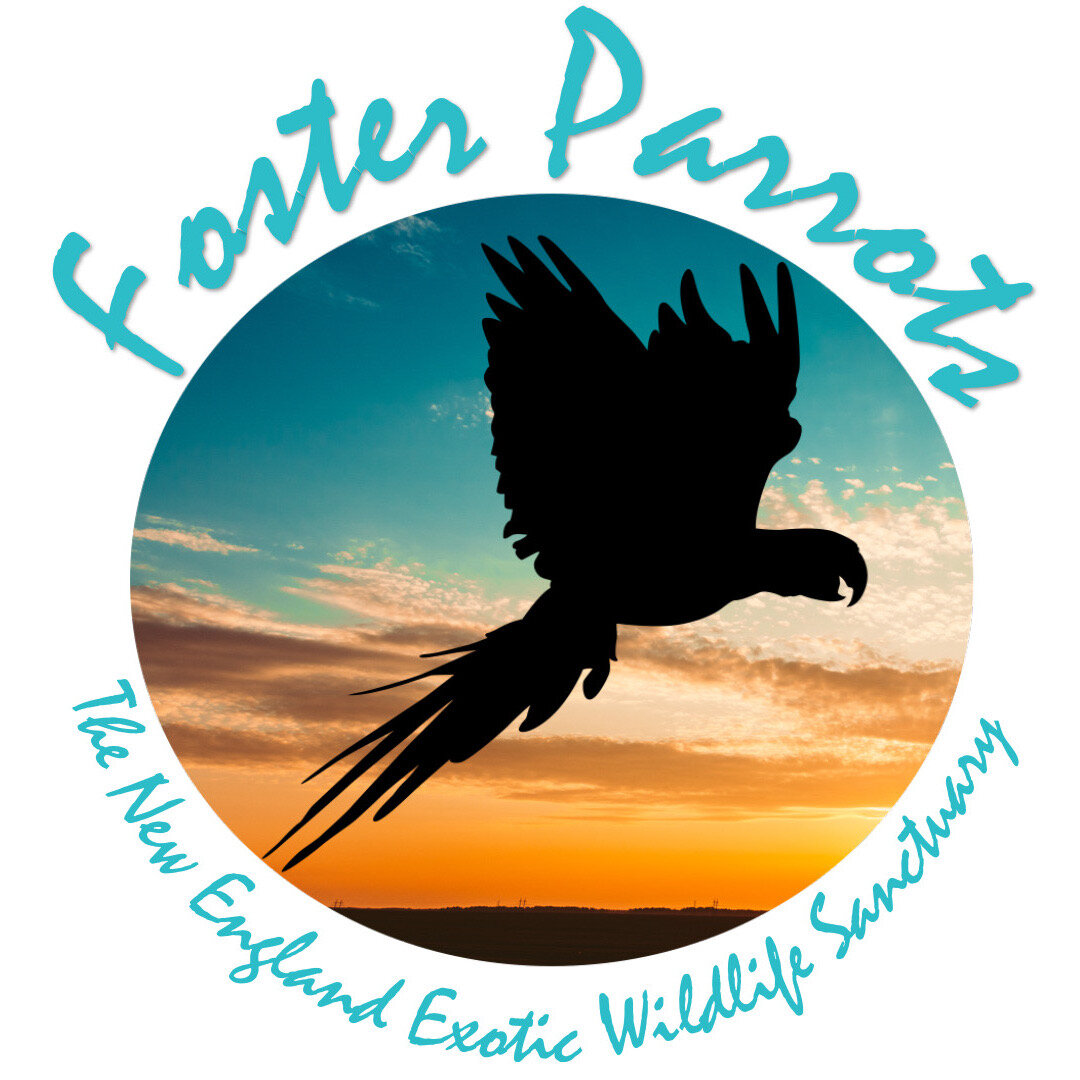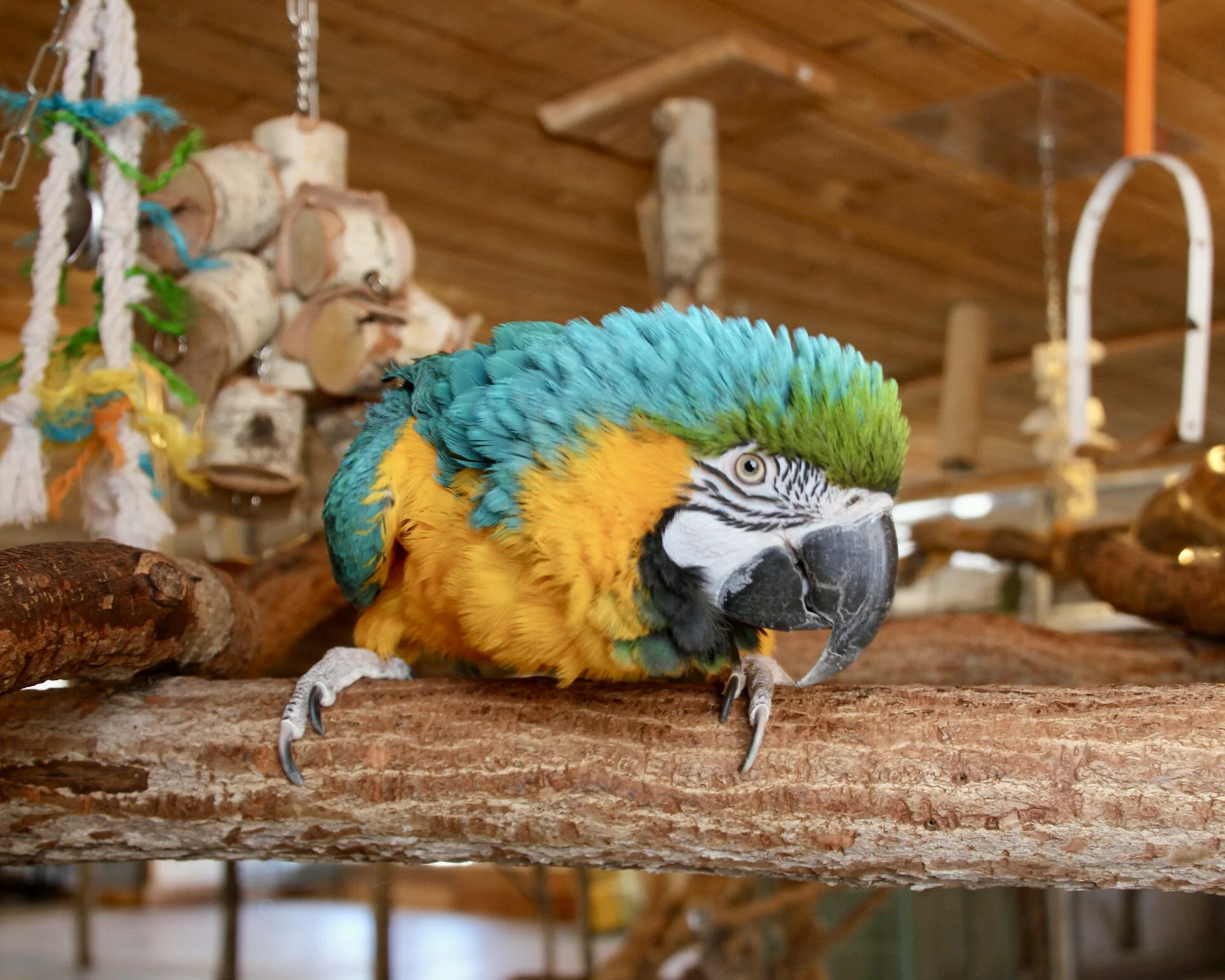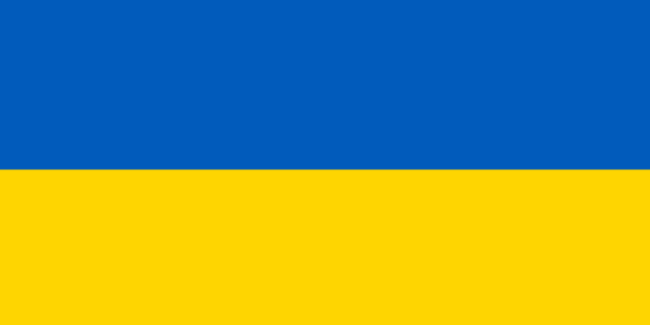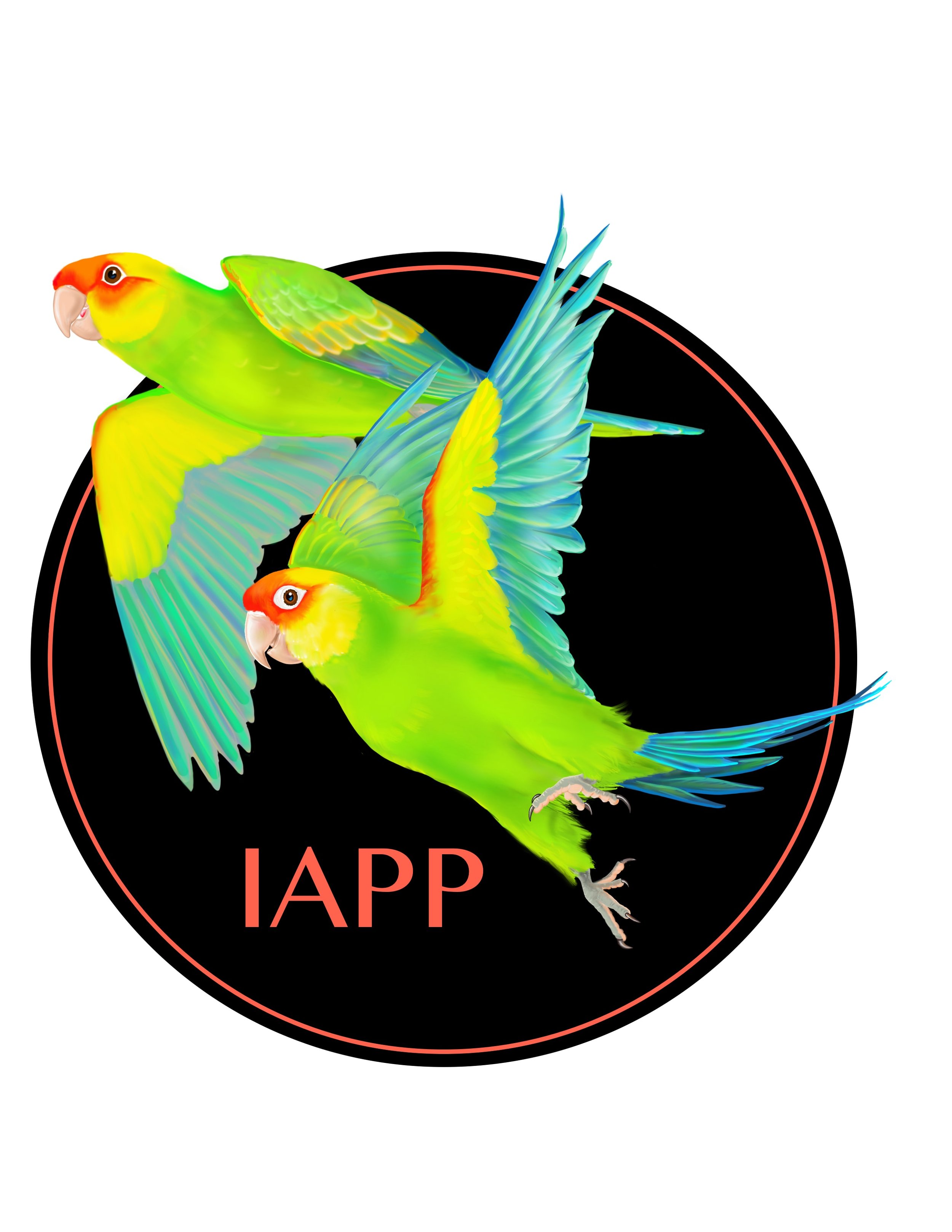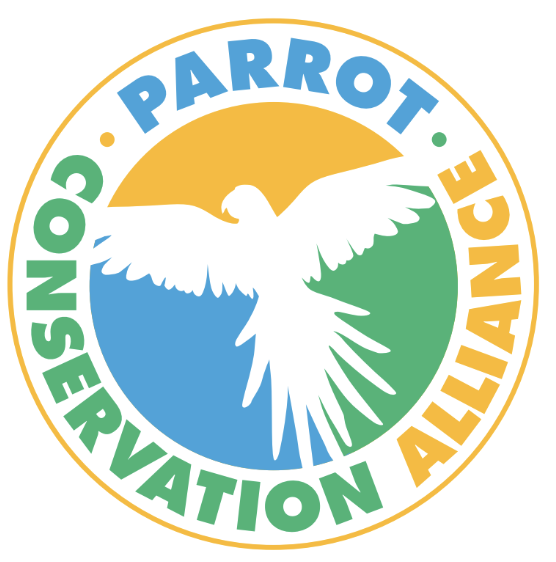What we do
Providing place, peace and protection for captive parrots;
working from the belief that parrots and all wild animals should be free.
Foster Parrots, Ltd. is a non-profit organization dedicated to the rescue and protection of unwanted and abused companion parrots and other displaced captive exotic animals. Working on many levels to bring critical services to birds and animals in transition, we offer life-long sanctuary care for unadoptable parrots and other exotics at our permanent care sanctuary facility, The New England Exotic Wildlife Sanctuary, and provide adoption services for well-socialized parrots who desire human companionship.
Our Humane Education programs seek to connect children and adults alike to animal and environmental issues, to nurture empathy, and to inspire a sense of personal responsibility and accountability toward the care of our earth and our animals.
A staunch advocate for parrots as wild animals, Foster Parrots’ conservation work in Central and South America helps keep parrots and other animals safe in their natural habitat, and also embodies our ultimate message:
Parrots are worth more in the trees than in cages; parrots and all wild animals should be free.
Why we are here
The crisis of unwanted parrots and exotic pets
Here at the sanctuary we are faced with 1 to 2 surrender requests a day from people no longer willing or able to care for their parrots.
As the third most popular companion animal in the US (not including tropical fish; 2013-2014 American Pet Product Association National Pet Owners Survey) it is a tragedy that parrots are one of the most frequently abandoned of all companion animals.
Many parrot guardians never learn of the challenges and realities of life with a parrot until it is too late. A parrot's wild nature and natural inclination for loud and frequent vocalizations, aggression, flying, mating and destruction are too much for most guardians. Further complicating factors include standard pet industry practices like hand-rearing (i.e parental deprivation), that actually undermine a parrot's ability to mature into a psychologically healthy, well-adjusted adult bird, and increase the likelihood of failure as a "pet". All of this, coupled with their long life spans (between 20-80 years) and the estimated 3-5 million baby birds bred in the U.S. each year, has created a true crisis of unwanted parrots.
Parrots in the home
Why it doesn't work
There are practical and ethical reasons why it is inappropriate to keep parrots as pets, not the least of which is our collective inability to accommodate or support a parrots most basic natural behaviors. Most often it is not so much a parrot's failure as a pet as it is a human's failure as a guardian. A parrot is what a parrot is. A human's decision to bring a parrot into a home environment without understanding or being able to meet the fundamental needs of this flighted, wild animal is what underlies the incompatibility in the human-avian relationship and precipitates the failure of a parrot to thrive as a pet.
Flight is the most fundamental and essential function of a bird. Every aspect of a bird's physical and psychological health is rooted in its gift of flight. Until the day that every parrot guardian has the ability to accommodate flight to an extent that fulfills a parrot's evolutionary destiny, parrots should not be kept as pets.
How to fix the problem
We must educate and inspire the public to make humane and informed choices
When we raise awareness about commercial breeding and marketing practices that are harmful to parrots – and intolerable to humans – we begin to impact the trade and raise standards of care for captive exotic birds. When we engage and empower children to be a part of the solution in animal protection and in the preservation of the earth, we inspire responsibility and accountability in the next generation of animal care givers and earth conservators. When we provide information and supportive services to parrot guardians, we are able to improve the quality of care in regards to nutrition, environment and socialization, and we help facilitate greater compatibility between parrots and people so that birds stand a better chance of keeping their homes.
